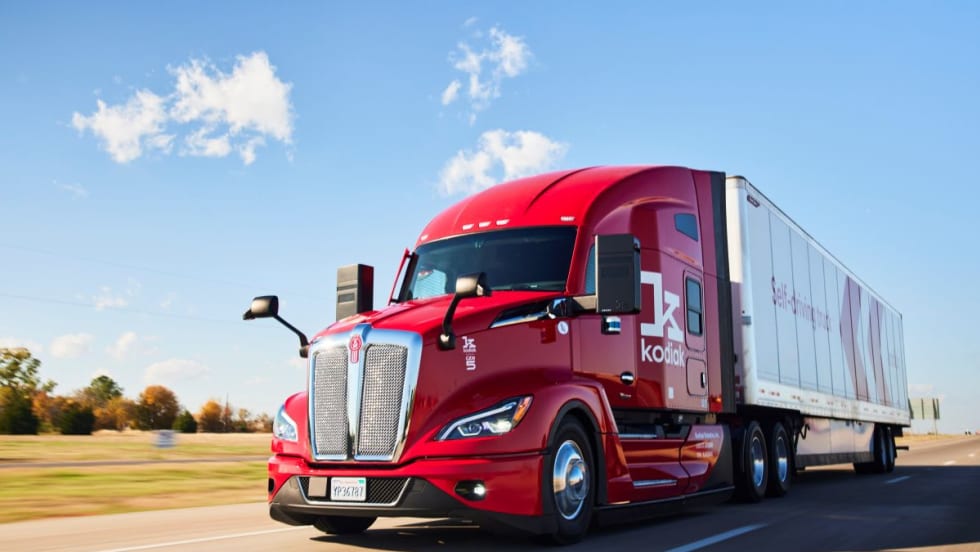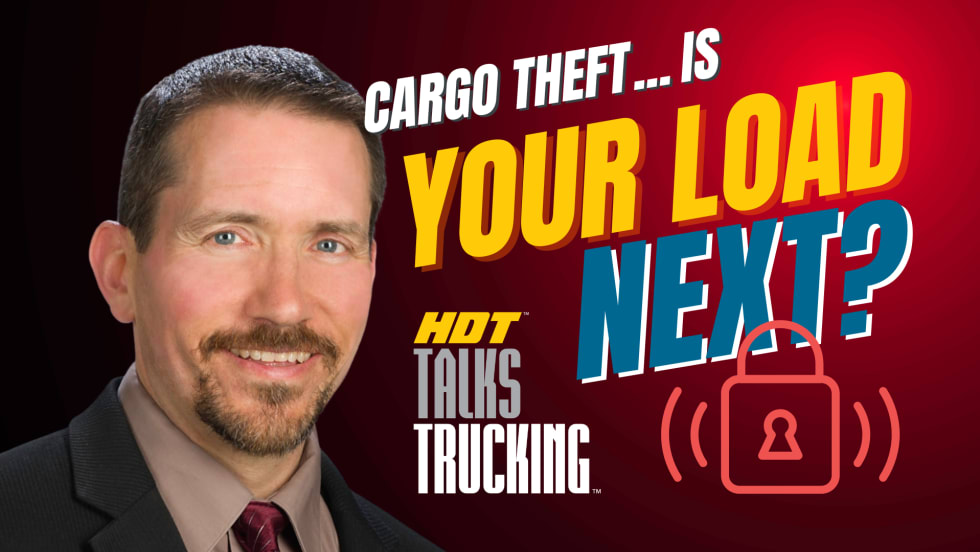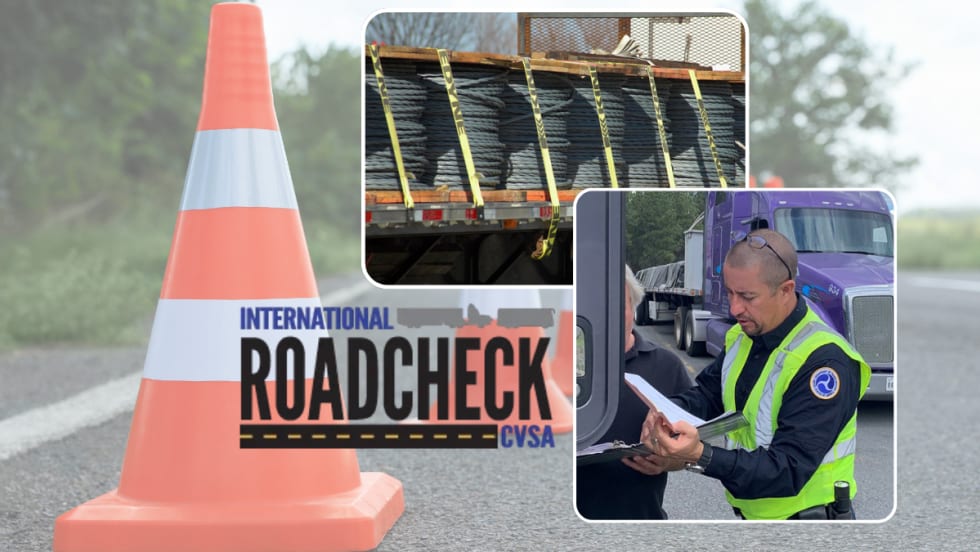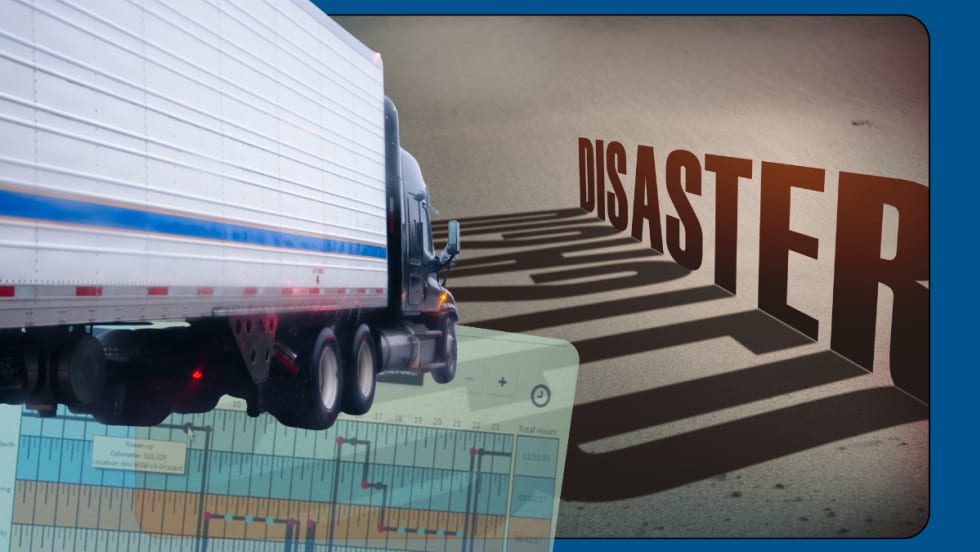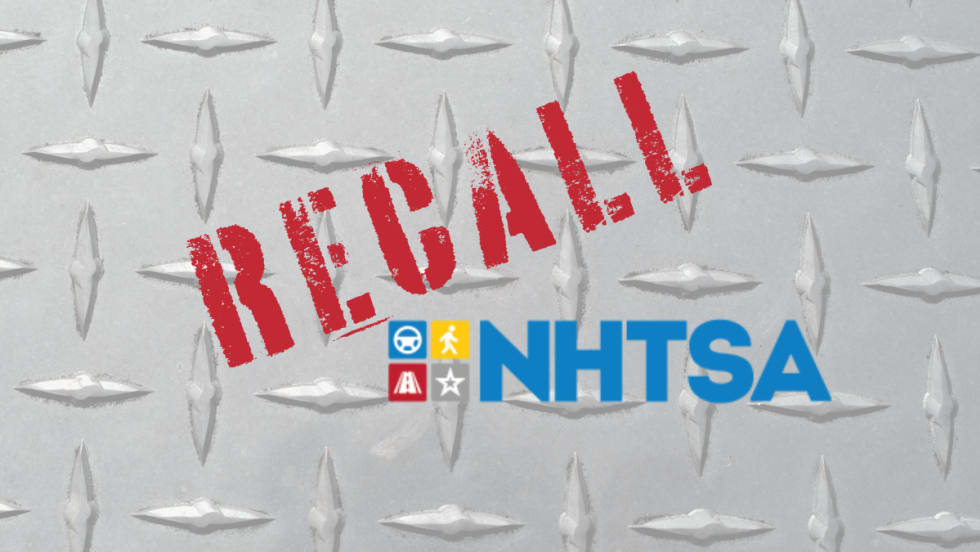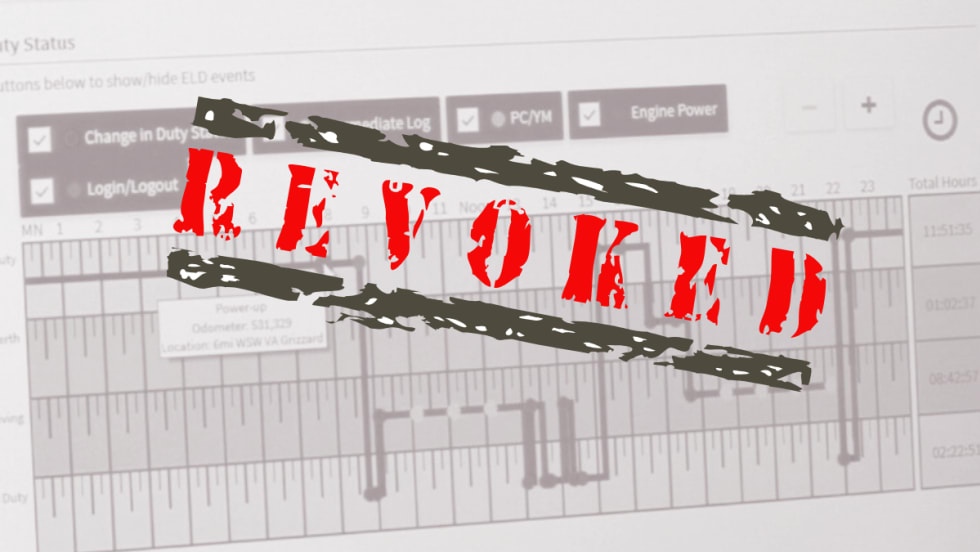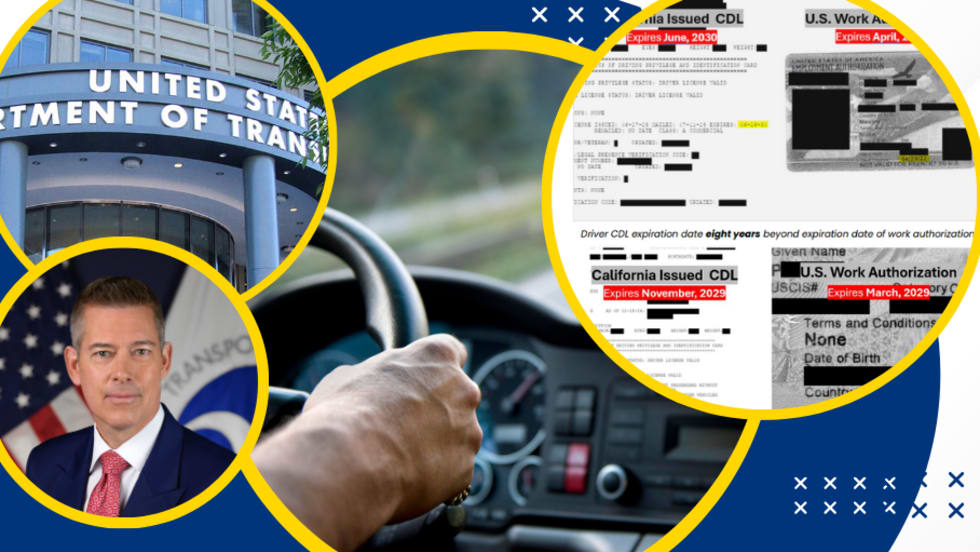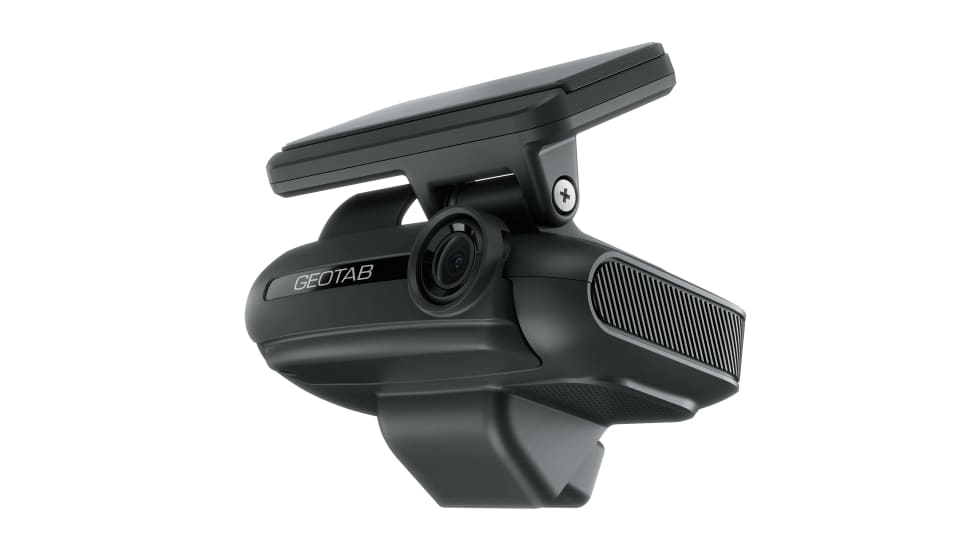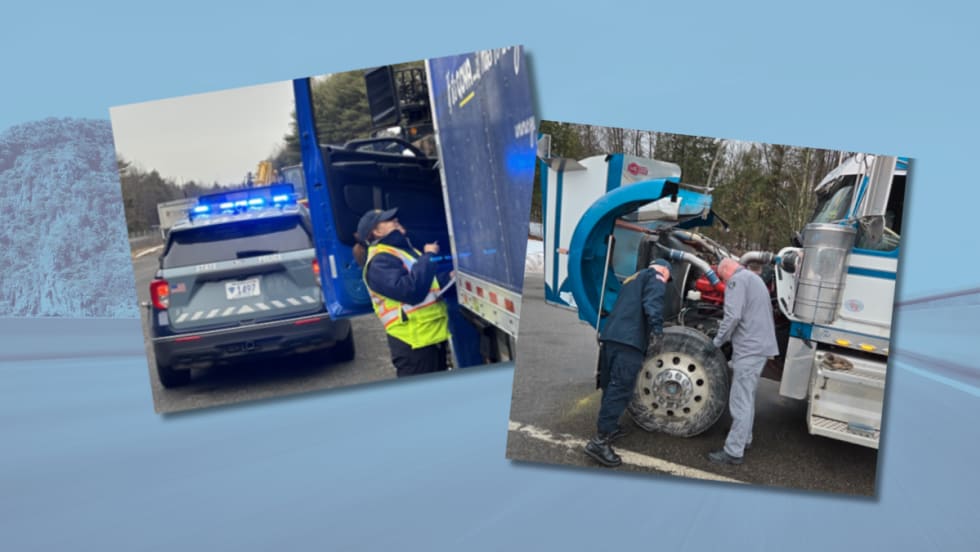Fleets share lessons learned in the nearly 12 months since the electronic logging device mandate went into full effect.
A year ago, as we counted down the days to the December deadline for most fleets to implement mandated electronic logging devices, ELDs were the hottest topic in print, digital, and throughout the social media landscape. A year later, while it’s been overtaken as a hot topic by COVID-19 and long-awaited changes to the hours-of-service rules, ELDs are still on the minds of many fleets.
“It’s clear that driver compliance with the hours-of-service rules has improved,” says Dave Osiecki, president and CEO of Scopelitis Transportation Consulting. “The biggest question we, and many others, have about the ELD mandate is whether it has helped to make the industry safer.”
While ELDs appear to have helped improve compliance with HOS regulations, “compliance is only a means to an end,” he says. Highway safety needs to improve, and, according to Osiecki, FMCSA has not shared any research or data analysis that shows ELDs improve safety.
“The one academic research report we’ve seen thus far on this question found the opposite — that ELDs have not improved safety,” he says. “We believe the jury is still out on this important safety question.”
Some fleets believe ELDs do make a difference – and have found they have additional benefits, to boot.
Fans From the Start
Some fleets were proponents of, and implemented, electronic logs before they were required. Steve Rush was a vocal advocate who held up the devices as a godsend for his drivers years before the mandate.
“ELDs without a doubt made all the drivers who use them safer,” says the founder and president of New Jersey-based tanker fleet Carbon Express. “It was the first time since the unions were pushed away that the driver had a voice that meant something as to his daily work schedule.”
Before the ELD came the automatic onboard recording device (AOBRD), which many fleets were using before last December’s transition. Springfield, Missouri-based Wilson Logistics was an early adopter, so the move to ELDs early on didn’t really pose any challenges.
“We also believe that as an organization the ELD mandate did make us a bit more nimble and we became much better at planning,” says Scott Manthey, Wilson’s vice president of safety and training. “Like others, we did see a slight drop in productivity, however it rebounded as we became more familiar with where we needed to improve.”
What About the Haters?
As the deadline got closer, and more and more fleets were getting closer to compliance, much of the fanfare on both sides of the issue seemed to die down. While some fleets may still have been reluctant to stay the course in terms of compliance, most accepted the inevitable.
“While the ELD mandate is crucial for enforcing labor laws and preventing accidents on the road, drivers were hesitant about the technology when it was first implemented,” says Lee Robledo, vice president of safety, compliance, regulatory and investigations at New Jersey-based NFI. “There were concerns among drivers throughout the industry over micromanagement. However, ELDs have eliminated many of the steps needed to collect the data drivers are required to report each day and made their jobs on the road easier.”
At Carbon Express, Rush saw his drivers quickly get used to electronic logs. But his dispatchers were now being affected instead.
“It is more difficult for the dispatchers to deal with than anyone, because now they have to plot each minute of each hour the driver has. They can no longer simply say, ‘OK, driver, just deliver on time.’ It is my opinion that this is also true for a lot of trucking company owners and executives,” says Rush.
With close to 500 trucks in his fleet, Stephen Wetterau, vice president of logistics at Quality Custom Distribution (a division of California-based Golden State Foods), believes ELDs have provided the company an opportunity to have a clear picture around available driver hours.
“From a system standpoint, we can make changes seamlessly to schedules and workforce demands,” he says. “Most importantly, ELD helps us heighten our focus on the safety and well-being of our drivers.”
Lessons Learned
There will always be a few bumps along the way when you try something new. And sometimes when you’re at the end of a journey, you wish there was a way to start over with some gained knowledge.
For Wilson Logistics’ Manthey, hindsight shows the fleet’s hands-on training could have used some improvement. While it has had success with newer drivers coming into the program, “we could have done a little better with those folks that have been trucking for a lot of years.
“As for something we wish we would have known, I guess it would have been good to know how much this was going to help, versus the thought that ELDs were going to harm the industry,” adds Manthey.
The lesson for Carbon Express has a monetary benefit — charging rates by the mile is and always was less than adequate. Rush now rates strictly by the hour.
“The only reason we look at the miles on a trip is to see how long we project it will take us to do the move, then we rate according to the time by the hour,” he says. “Once we began to do that, we actually began to make a reasonable profit. It also taught us to say no to freight that we did not make any money doing.”
Taking a proactive approach and having a solid relationship with its systems partner helped QCD make it through the ELD transition. By teaming up early with its hardware/software provider, Wetterau was able to streamline the ELD process and training.
“With a great partner helping us implement ELDs, we’ve developed a solid understanding from early on to make operational changes,” says Wetterau. “Even as the ELD implementation timeline changed, QCD avoided rushing the transition at the mandated deadline because we proactively pursued the essential solutions to support our operation and ultimately, our customers.”
While there was some trepidation concerning ELDs leading up to the final mandate deadline, fleets have taken the lessons they have learned, as well their experiences over the last year, and turned the new tech into something they will benefit from, both in terms or safety and peace of mind.
“ELDs have improved the trucking industry,” says NFI’s Robledo. “ELDs have also reduced-hours of-service violations, making management accountable for proper dispatching, and have aided in reducing paperwork and the need for extensive safety audits.”





